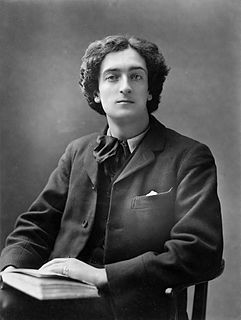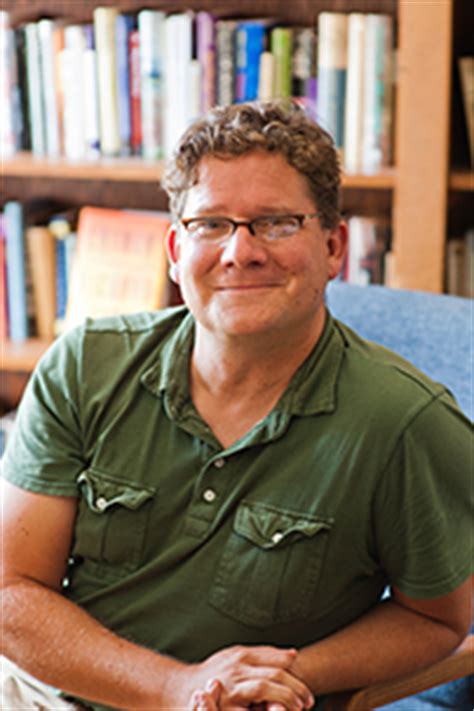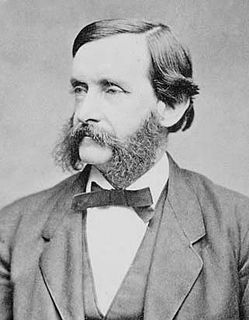A Quote by Richard Le Gallienne
All religions have periods in their history which are looked back to with retrospective fear and trembling as eras of persecution, and each religion has its own book of martyrs.
Related Quotes
Religion isn't best understood primarily as a collection of beliefs held by backward people with fear and trembling for most of human history (religion as brainwash). It is rather, among other things, a scriptorium of beleaguered witness, a record of collated information, both fragmentary and sometimes systematic, with which we may feel compelled to reckon as it somehow, across history, reckons with us, an inheritance, if you like, of difficult wisdom.
An important advance in the life of a people is the transformation of the religion of fear into the moral religion. But one must avoid the prejudice that regards the religions of primitive peoples as pure fear religions and those of the civilized races as pure moral religions. All are mixed forms, though the moral element predominates in the higher levels of social life. Common to all these types is the anthropomorphic character of the idea of God.
I think certain periods of history don't get dealt with because I think historians, and it's their job, but they look back and look for patterns. They look for sequences and they look for reasons, and certain periods of history don't fit with the general pattern of 1500 to the 20th century, during which there's the creation of the United States. At this time of 1814, two nations who would eventually become close allies were at war with each other, so it doesn't quite fit.
Religion is based ... mainly upon fear ... fear of the mysterious, fear of defeat, fear of death. Fear is the parent of cruelty, and therefore it is no wonder if cruelty and religion have gone hand in hand. My own view on religion is that of Lucretius. I regard it as a disease born of fear and as a source of untold misery to the human race.
The only religion that ought to be taught is the religion of fearlessness. Either in this world or in the world of religion, it is true that fear is the sure cause of degradation and sin. It is fear that brings misery, fear that brings death, fear that breeds evil. And what causes fear? Ignorance of our own nature.
No one can understand Paris and its history who does not understand that its fierceness is the balance and justification of its frivolity. It is called a city of pleasure; but it may also very specially be called a city of pain. The crown of roses is also a crown of thorns. Its people are too prone to hurt others, but quite ready also to hurt themselves. They are martyrs for religion, they are martyrs for irreligion; they are even martyrs for immorality.
I think certain periods of history don't get dealt with because I think historians, and it's their job, but they look back and look for patterns. They look for sequences and they look for reasons, and certain periods of history don't fit with the general pattern of 1500 to the 20th century, during which there's the creation of the United States.
All religions are not the same. All religions do not point to God. All religions do not say that all religions are the same. At the heart of every religion is an uncompromising commitment to a particular way of defining who God is or is not and accordingly, of defining life's purpose.
Anyone who claims that all religions are the same betrays not only an ignorance of all religions but also a caricatured view of even the best-known ones. Every religion at its core is exclusive.
All... religions show the same disparity between belief and practice, and each is safe till it tries to exclude the rest. Test each sect by its best or its worst as you will, by its high-water mark of virtue or its low-water mark of vice. But falsehood begins when you measure the ebb of any other religion against the flood-tide of your own. There is a noble and a base side to every history.
I think each book sort of finds its own theme as it goes on. 'Warded Man' was fear. 'Desert Spear' was exploration of the other. 'Daylight War' was relationships. Some of this is intentional, and some of it evolves naturally. The series as a whole is obviously something I have given a lot of thought to, but each book is its own animal as well.





































